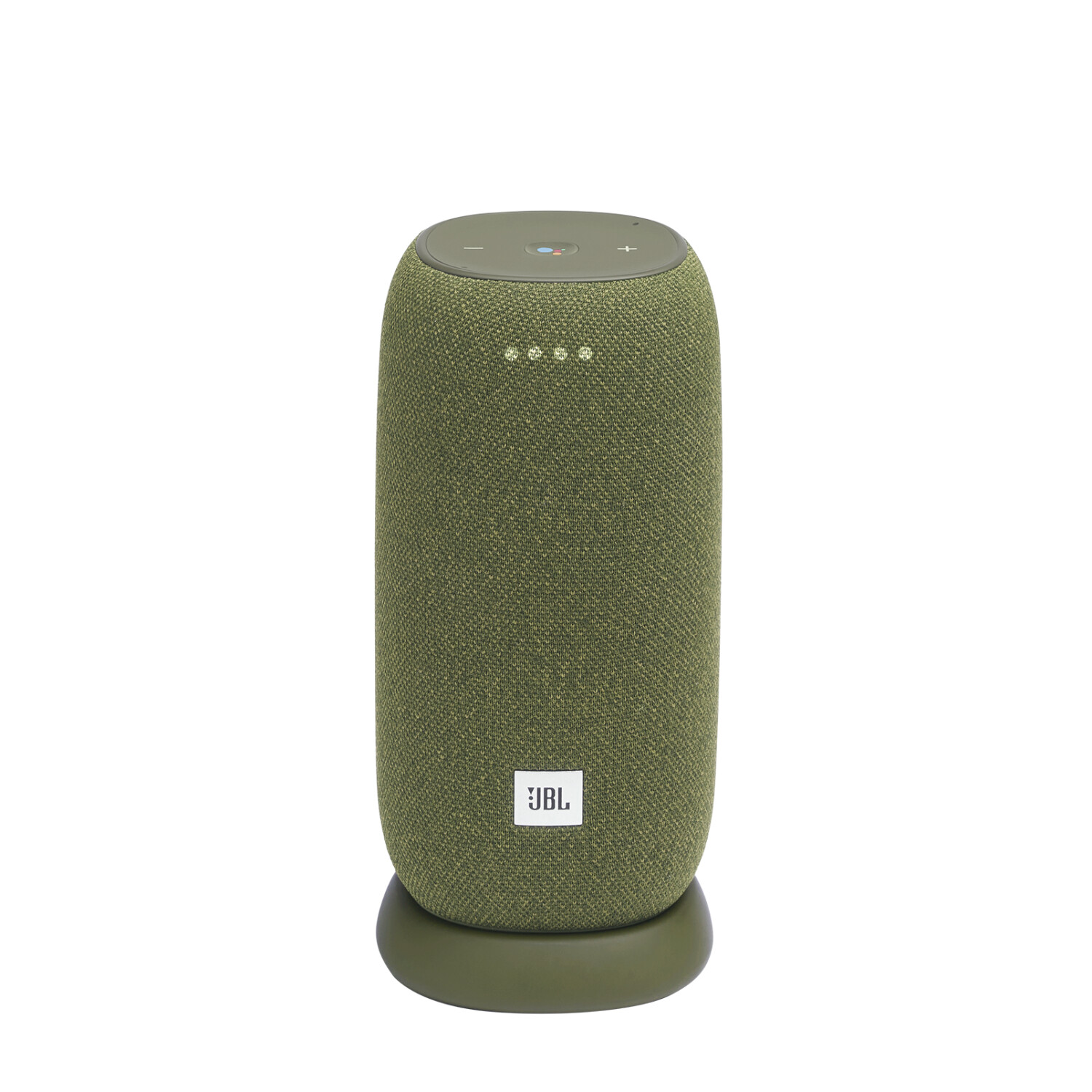
- #Jbl charge 5 vs sonos roam full
- #Jbl charge 5 vs sonos roam portable
- #Jbl charge 5 vs sonos roam Bluetooth
#Jbl charge 5 vs sonos roam Bluetooth
In Wirecutter reader polls and comments we’ve read, every person has seemed to have their own opinion as to which (if any) Bluetooth speaker features are the most important, so we don’t require any particular features when picking models to test.įrom a sonic standpoint, the Hyperboom is the most technically sophisticated Bluetooth speaker we’ve encountered.

These extras include speakerphone capability, pairing (the ability to play the same material through two Bluetooth speakers at once), built-in lighting, and even integrated bottle openers. Special features: Bluetooth speakers offer all sorts of features beyond the ability to play audio from Bluetooth-sourced devices.Playback controls: Because you can control the playback from your Bluetooth source device (usually a phone or tablet), we don’t require the speaker itself to have playback controls, but it’s a convenient plus.Bluetooth speakers are often available for as little as $5, but we’ve never found such an inexpensive model to sound good enough to bother using-especially when the speakers built into today’s better phones can play loud enough for light listening.
#Jbl charge 5 vs sonos roam portable
#Jbl charge 5 vs sonos roam full
Even at full price, I don’t think anyone will be disappointed in the Charge 5. I still think it’s priced just a little too high, and PartyBoost has only continued to confuse me since venturing back out into society.

Overall, I’m quite pleased with JBL’s latest portable speaker. Still, it was frustrating to search my house for where I had placed the correct cable. Once I switched back to the cable included in the box, everything worked fine. I tried to use the USB-C charger bundled with the Nintendo Switch to power it up, but the battery indicator flashed on and off instead of delivering power to the unit. I also found a new annoyance with the Charge 5 I hadn’t expected: it’s really picky about what cable you’re using to charge. The guy hosting that cookout I went to a couple of weeks ago had an older JBL speaker of his own, but because it used either JBL Connect or Connect+ and not PartyBoost, they were incompatible with each other. However, I still find JBL’s fragmentation of its stereo sync feature frustrating. Considering the Charge 4 has been kept around at a lower price, it's disappointing that these speakers can't communicate with each other.

JBL's lack of commitment to keeping these standards inoperable makes me worry that this won't be the last time they change it. If you're the owner of a Charge 4 hoping to pair it with a new Charge 5, you're out of luck. PartyBoost replaces JBL Connect+, which replaced JBL Connect, and these various wireless modes aren't compatible with each other. Although, I'd be more excited if this weren't the third iteration of this feature.

JBL is promoting PartyBoost stereo pairing pretty heavily here - it even has its own button on the speaker. A quick restart seemed to iron out the problems, but anything that gets in the way of jamming out at a party is certainly something to note. While JBL does offer an app for its audio gear, it's limited to controlling PartyBoost and updating firmware - no EQ settings to be found.Īlthough the range on the Charge 5 is pretty solid, I did have a couple of connection issues while playing music from Spotify. Unfortunately, if the default sound settings don't match what you want for your music, there's not much you can do.


 0 kommentar(er)
0 kommentar(er)
